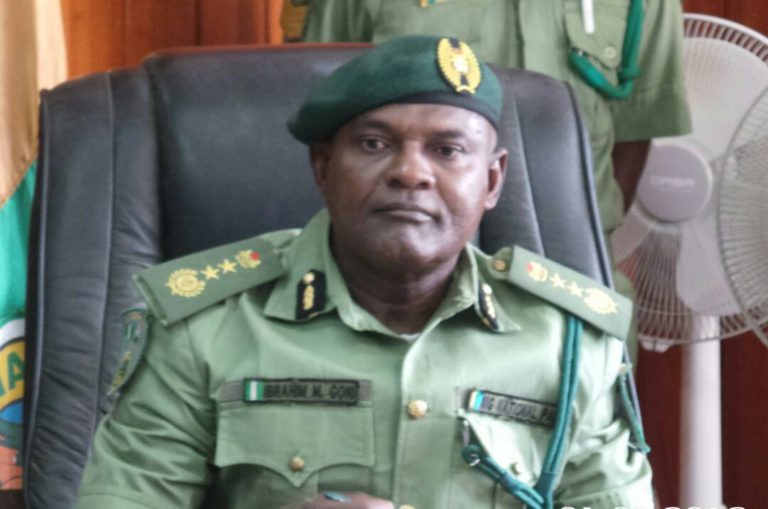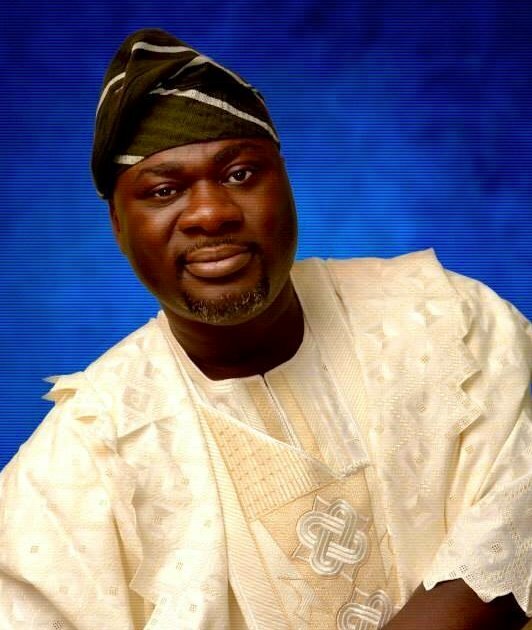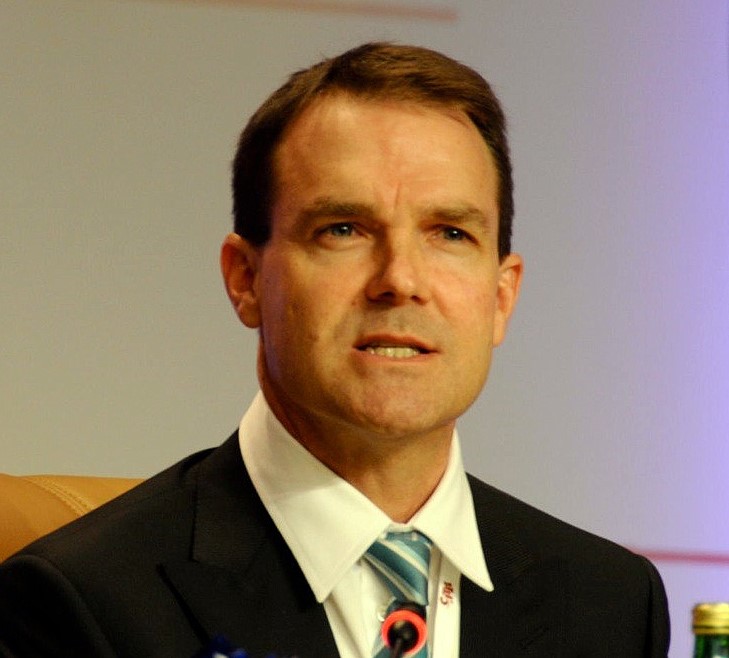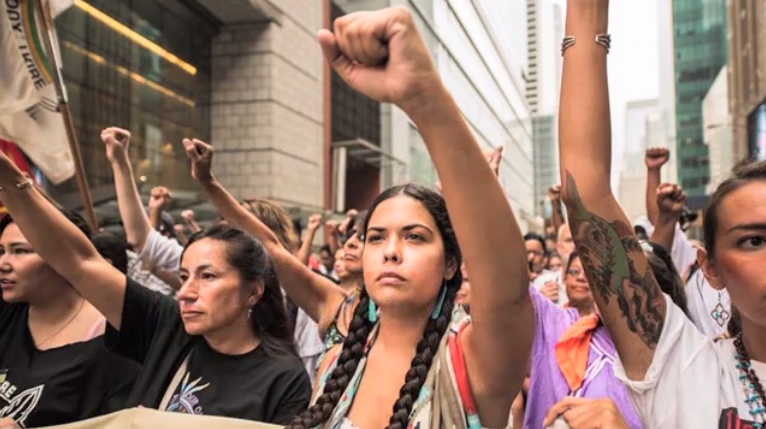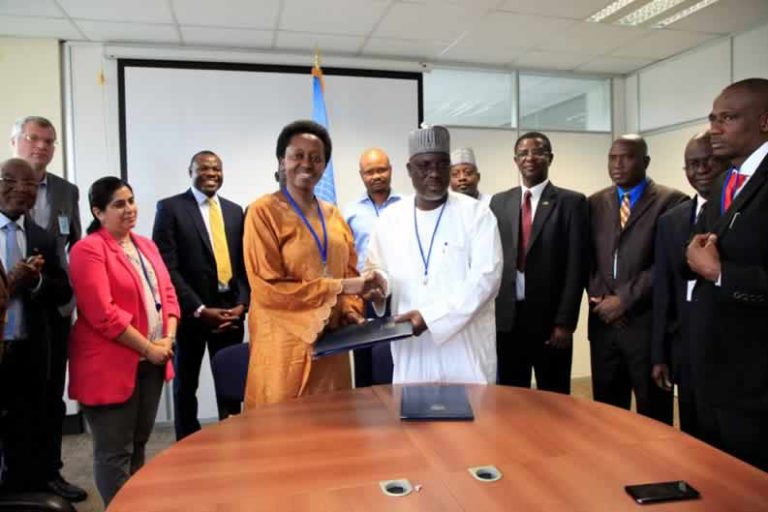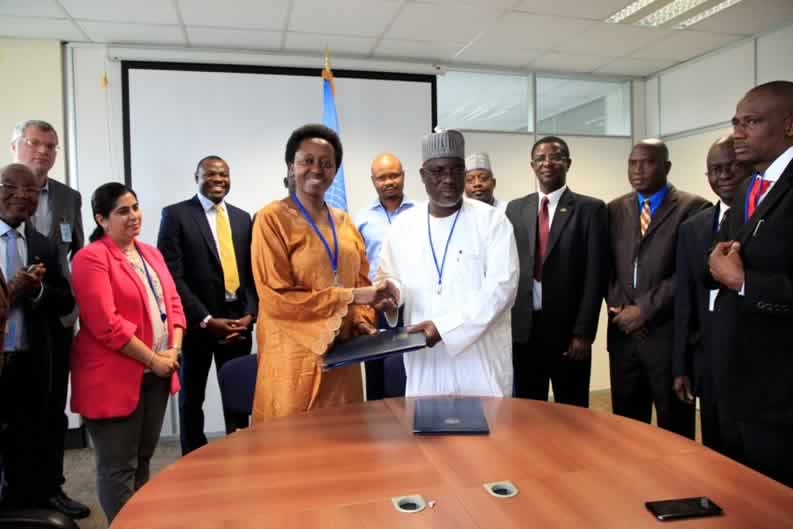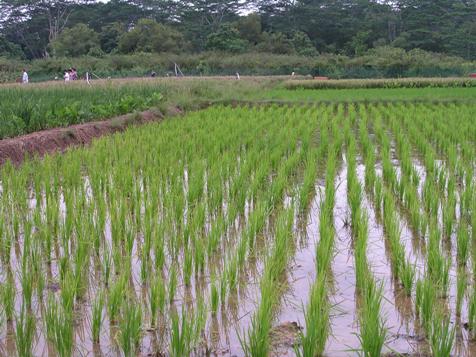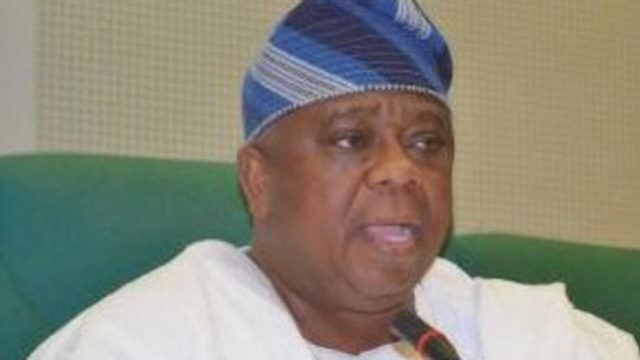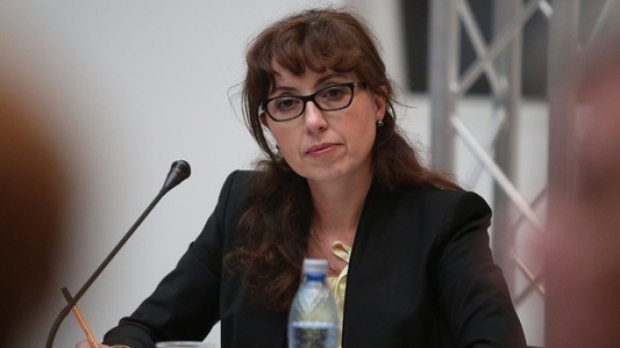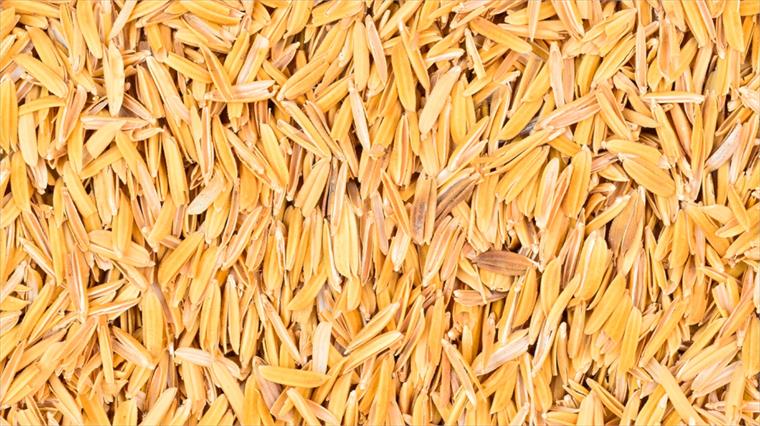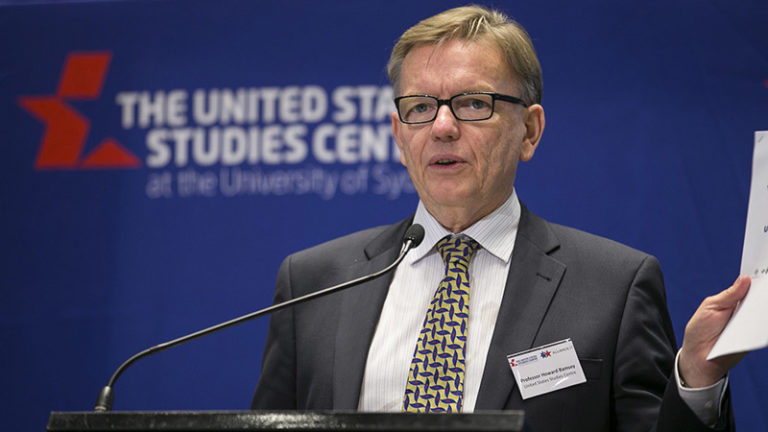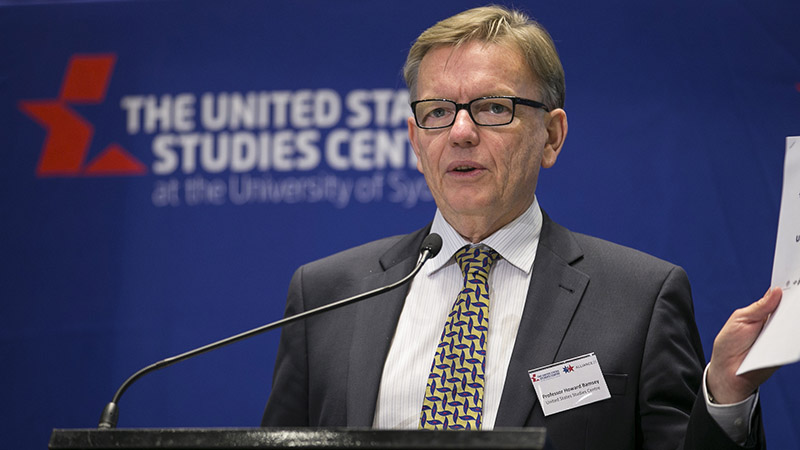The Nigerian National Parks Service says it will partner with the Nigerian Film Corporation to produce the wildlife documentaries.
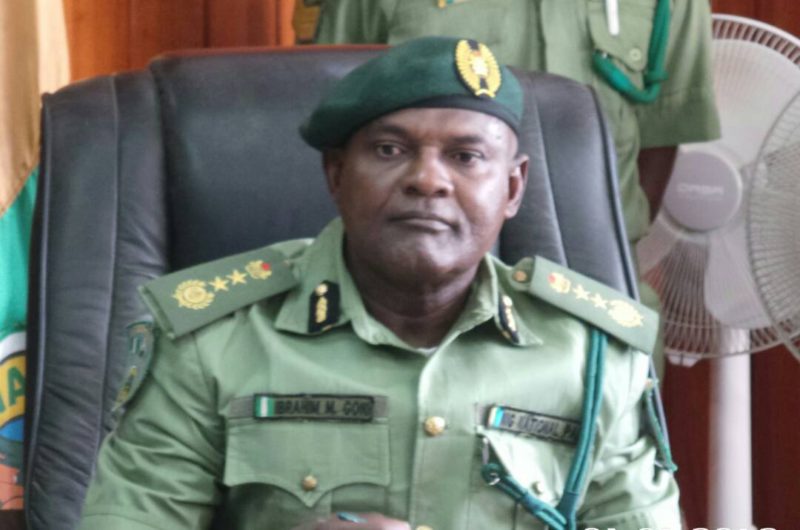
Alhaji Ibrahim Goni, the Conservator-General of the Service, said this when he paid a courtesy visit to the Nigerian Film Corporation (NFC) on Monday, December 18, 2017 in Abuja.
He said that the country’s parks were endowed with diverse natural resources which offered alternative options for economic development via tourism, research, education and employment generation.
He said that since Nigerians were beginning to recognise the value of the vast wild lands of undeveloped areas across the country, the Service was poised to explore the potential.
“Today, people recognise the value of not only our lands but the biodiversity that thrives in them.
“We have been recovering plants and animals that have virtually disappeared due to development, habitat fragmentation, climate change, invasive species and other threats.
“In our houses, we watch wildlife films and documentaries from South Africa and Kenya, among others; so, we feel that it is high time we started having our own wildlife films,’’ he said.
Goni said that the films would enhance “the survival value of multitudes of wild species that flourish as natural systems that help to regulate climate, air quality, and cycles of carbon, nitrogen, oxygen, mineral elements and water.
“The documentaries and films will teach the values and workings of nature in places largely free of human influence, and compare them with landscapes dominated by humans.”
The conservator-general said that the films would also show the economic value of some plants and animals for the benefit of the citizenry.
“They are potential sources of food, medicine and industrial products; the parks protect the species and the communities that underlie these values, thereby serving as reservoirs of seed stock for restoring the species that are lost elsewhere,’’ he said.
Goni said: “To preserve biodiversity in parks for future generations, we must first discover the breadth of life forms that exist.
“We are working with professional scientists, university students, schools and partners for the purpose of biodiversity discovery.’’
He, however, lamented that these resources had been underutilised due to the lack of optimal publicity and participation of private investors in the management of the parks.
He said that the awareness of this lacuna was the rationale behind his visit to seek the collaboration with the Nigerian Film Corporation in the publicity of the content of parks, as well as its needs and security challenges through documentaries and films.
Responding, Dr Chika Maduekwe, the Managing Director of NFC, pledged the support of the corporation in efforts to showcase the potential of the parks service.
He commended the parks service for reaching out to the corporation for a viable collaboration that would be mutually beneficial to both organisations.
Maduekwe described Goni’s request as a welcome and worthwhile, saying that the proposed venture would not only promote tourism in Nigeria but it would also play a substantial role in reinforcing the country’s security.
“We will help in producing documentaries and films on the challenges facing our parks and the way out; we will regularly broadcast the documentaries and films on Lamingo TV (Nigeria’s equivalent of National Geo-Wild channel).
At the end of the meeting, Goni and Maduekwe resolved to set up a six-man committee – with three members each from the two agencies – which would produce a roadmap for the actualisation of the proposed venture.
By Ebere Agozie

